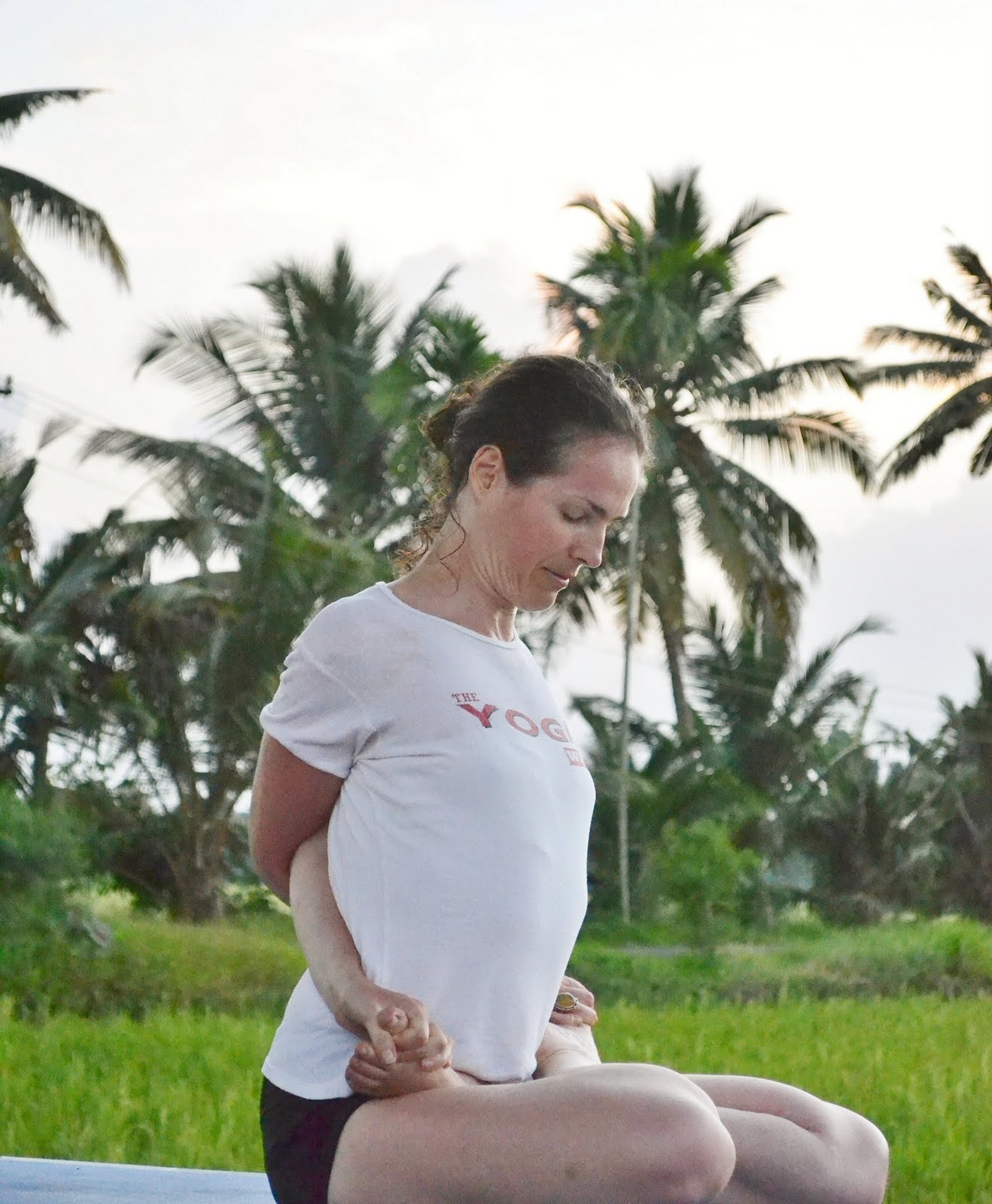
Doubt is the Teacher
There comes a point in most practitioner’s journey of yoga when the questions and the self-doubts seem to be more than the answers. At one point in my own personal practice, I began asking myself, “Why am I practicing?” “Are the postures really worth it?” “What is the real point?”
Doubt (considered to be one of the 9 kleshas) as laid out by Patajalim in The Yoga Sutras is an affliction or mental aversion. But how do you practice with such hard-core doubts?
In The Yoga Sutras the concept of doubt is a mental fluctuation arising from past karmas and deeply rooted in the mind. Doubt, however, is not looked upon as being as solid as it appears but changeable and the stuff of real practice. At a time when you’d love to skip the sequence, jump the track and move onto something else doubt, frustration and impatience surface. In many ways, this is something to be grateful for because the practice will not let you bullshit yourself. Either you have practiced the basics and are ready to move forward or you have not.
In my own practice and after learning stop practice many of the advanced postures, my teacher stopped me from practicing them when I came one summer to India. I was taken back to the basics. And I have to admit it was a painful place to be. Painful not physically but for my ego who wanted to do what I knew. I had also become addicted to the postures and lost sight of the deeper and more internal work that is of real yoga.
The whole reason behind stopping me from practice was not to forget that yoga is more than physical mastery alone. Maybe this sounds like a no-brainer, which it should be. However, with so much time devoted to the physical practice, I have to admit I had lost myself in the maze of wanting to do more and more and more. Practice (sadhana) should also include chanting and meditation and become a life-time commitment. So whenever a student asks me how long it will take to master a certain pose, I usually say for the rest of your life. Because even after reaching whatever goal you had in mind, the very nature of the mind is to be off in another direction; looking for the next best thing to achieve.
In other words, there is to end of desire. And Yoga is to halt or simmer down the chain of endless desires for which we can find ourselves on.
The peculiar thing about doubt is how it can allow you to finally become aware of the two extremes the mind jumps between. That is, the idea it’s taking too long for any results and possibly giving up, or to trying to compensate for the lack of results by over-practicing. The Yoga Sutras painstakingly remind us that practice needs to be consistent and constant.
There are no short-cuts. No quickies.
One of my teachers once reminded me to stay longer and be still. It is very similar to K. Pattabhi Jois’s well-known and repeated phrase of, “Practice and all is coming”. But by this, he did not mean practice mindlessly. He meant keep up your practice with sincerity and devotion. This is how I have always taken it, which is not to imply that just because you practice you will reap all the benefits to come. Practice is not linear and many times there is pain before there are great openings and/or understandings. However, I also have to be careful in stating this, because while pain is a great teacher it is not always necessary to learn great things. We can learn through kindness, love and developing more patience too.
Pain is not the only decent and good teacher around.
I personally believe when the doubts and questions surface, it’s a call in understanding yourself on a more profound level. If we can ‘catch’ ourselves at those moments and remain open rather than shutting down, the same doubt that produced thoughts of inadequacy can become a vital force.
I love the poet Rainer Marie Rilke who said it the best when he wrote,
And your doubt can become a good quality if you train it. It must become knowing, it must become criticism. Ask it, whenever it wants to spoil something for you, why something is ugly, demand proofs from it, test it, and you will find it perhaps bewildered and embarrassed, perhaps also protesting. But don’t give in, insist on arguments, and act in this way, attentive and persistent, every single time, and the day will come when, instead of being a destroyer, it will become one of your best workers–perhaps the most intelligent of all the ones that are building your life.
~ Letters to a Young Poet
So let your doubt be your teacher and guide and not your foe. And out of doubt, may all things grow.
© Copyright of The Yoga Way, 2013. All written rights reserved.

